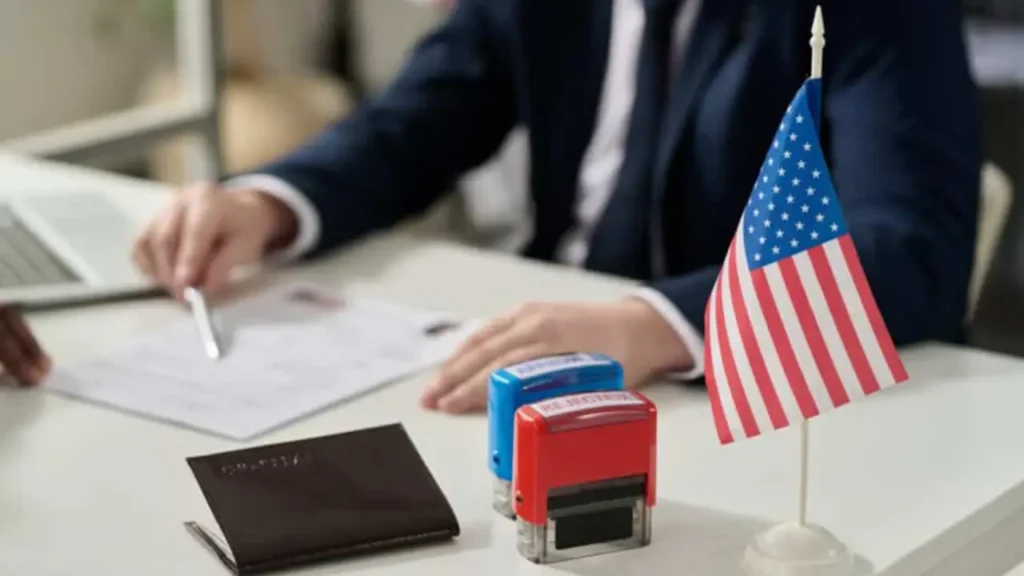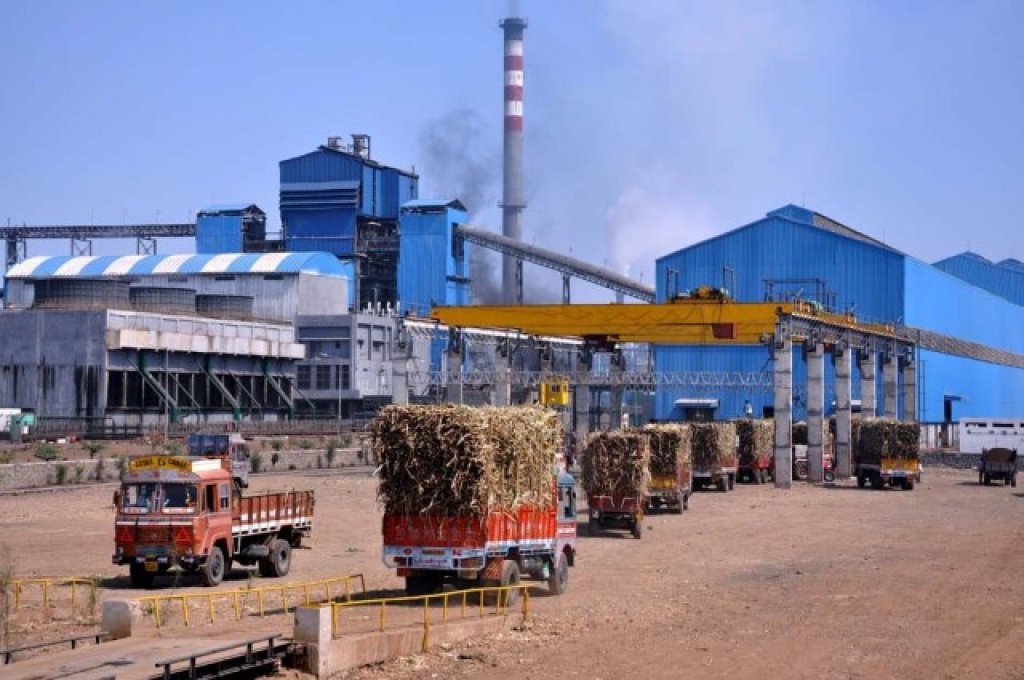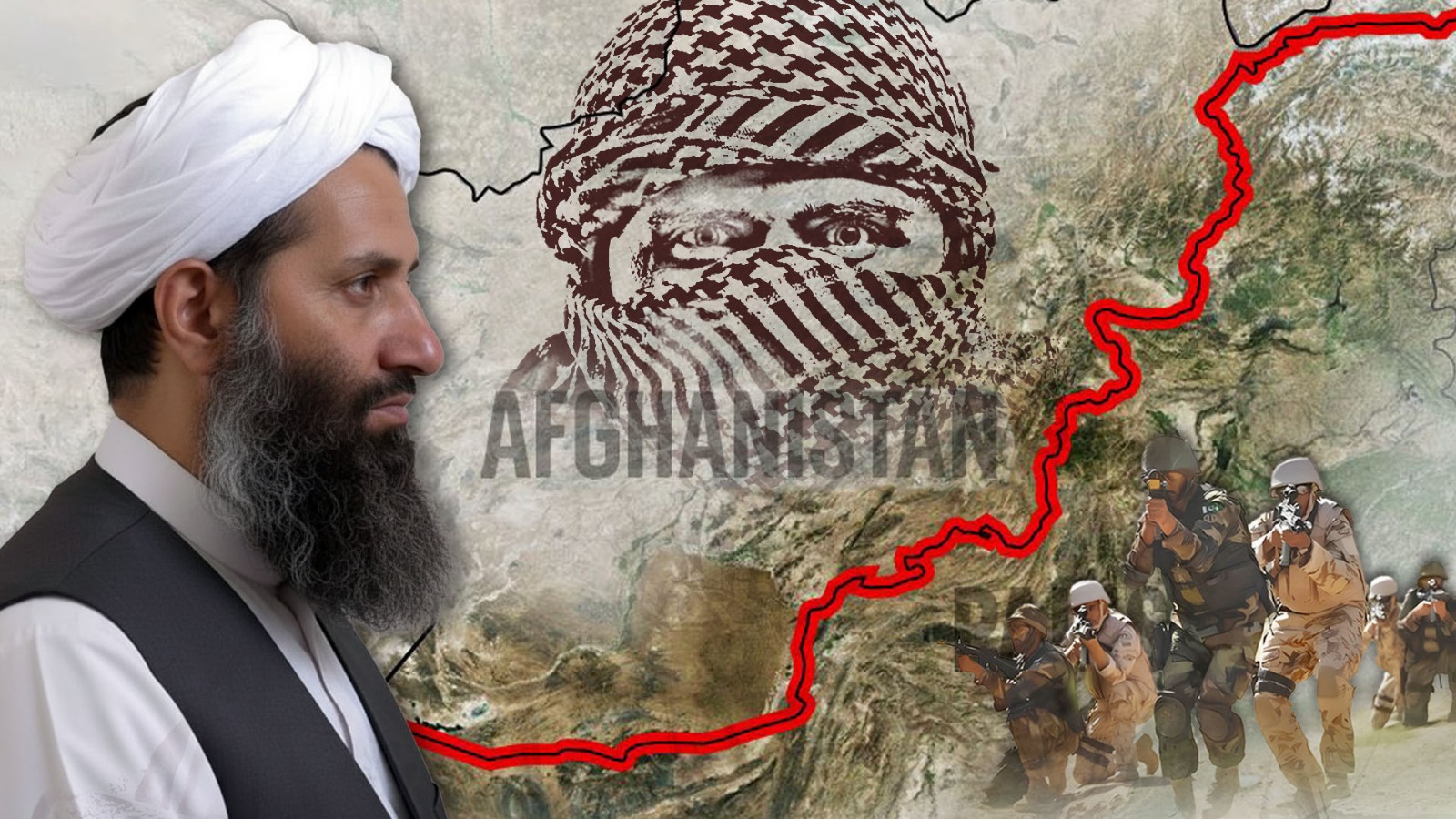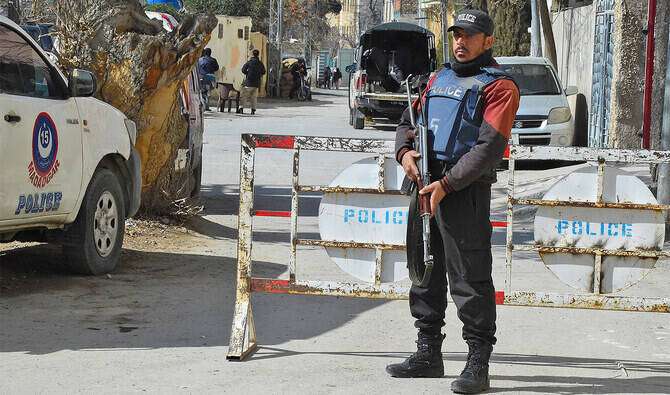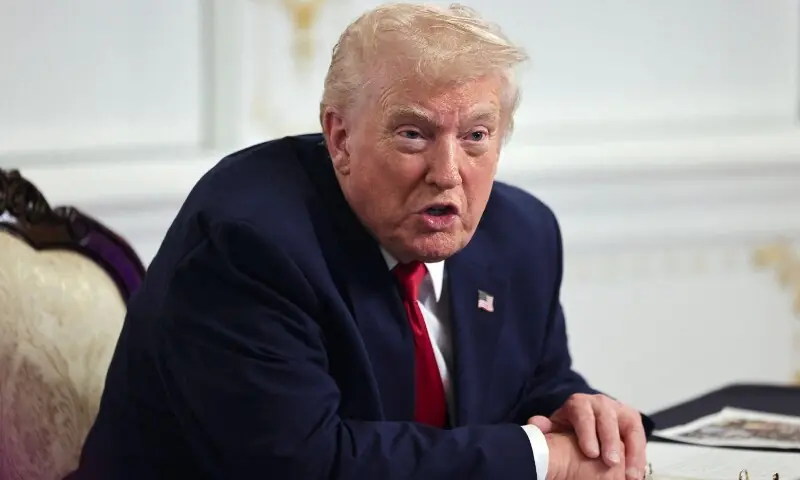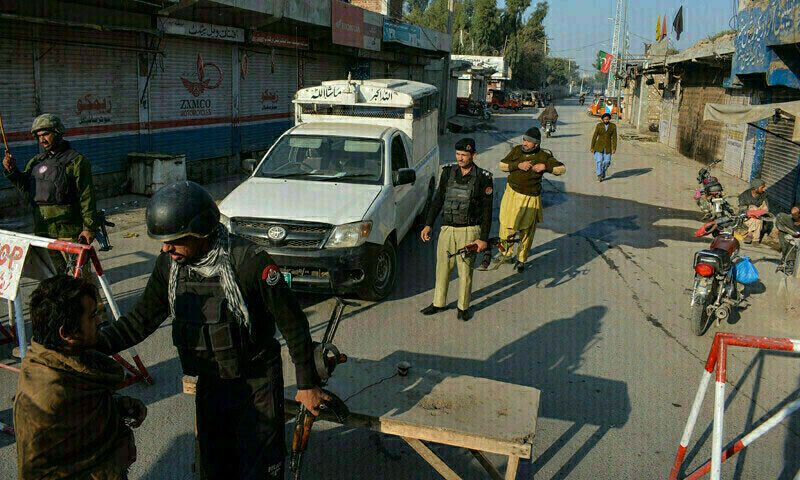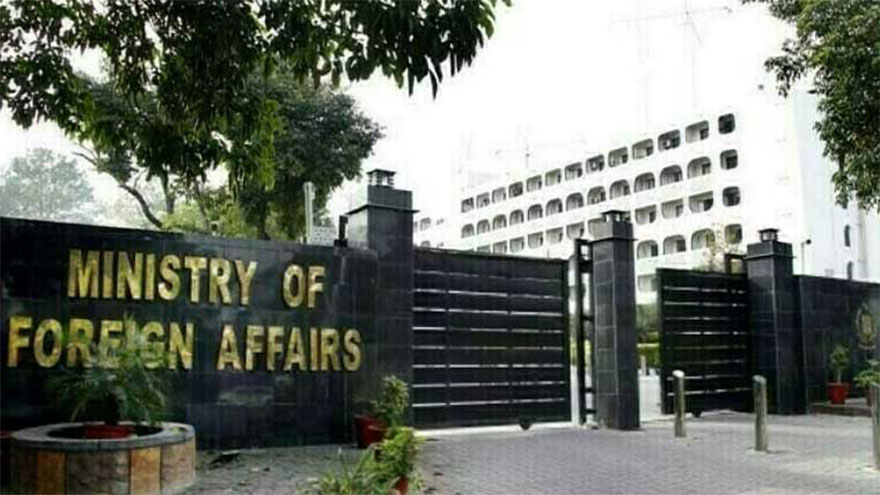The United States has reinstated its previously suspended process for foreign student visa applications, introducing a new requirement: applicants must set their social media profiles to public to enable government officials to carry out thorough online vetting.
In a statement released on Wednesday, the US State Department announced that consular officers will now be directed to scrutinise social media posts for any material considered hostile to the United States, its people, culture, government, funding, or founding principles.
Applicants who do not comply with the requirement to make their social media profiles public may be considered uncooperative and risk having their visa applications rejected. The notice emphasised that “refusal to comply may be seen as an effort to hide online behaviour.”
This new directive follows a temporary halt in visa processing imposed on 28 May, during which the Trump administration undertook a review of its screening protocols for foreign students. The administration made clear that its overarching goal is to bar entry to individuals regarded as threats to national security.
According to internal guidance circulated to US consulates, officers have been instructed to identify individuals who support designated terrorist organisations or who engage in, endorse, or promote unlawful antisemitic actions or violence.
The revised visa policy applies to F visas for academic students, M visas for vocational students, and J visas for exchange visitors. Applicants in all three categories are now expected to adjust the privacy settings on their social media accounts to “public.”
A senior State Department official defended the new measures by citing national security concerns, stating: “It is an expectation from American citizens that their government will make every effort to make our country safer, and that is exactly what the Trump administration is doing every single day.”
International students have been anxiously awaiting visa interview appointments, as the timeframe for arranging travel and accommodation ahead of the academic year becomes increasingly limited. Students from China, India, Mexico and the Philippines have been sharing their concerns online, closely monitoring visa appointment platforms and official State Department updates.
The State Department added, “To facilitate this vetting, all applicants will be asked to adjust the privacy settings on all their social media profiles to ‘public’.”
The stricter vetting process comes amid a wider clampdown by President Donald Trump on leading U.S. universities, which he has accused of political bias and of taking a lenient stance on pro-Palestinian demonstrations.
Harvard University has been specifically targeted, with the administration seeking to block the institution from enrolling foreign students. President Trump has proposed capping Harvard’s international student intake at 15 per cent and has suspended $2.65 billion in federal funding to the university.
In a related development, the Trump administration has issued a diplomatic communication to 36 countries, urging them to strengthen their traveller screening procedures within 60 days or risk being added to the US travel ban list, which currently includes 12 nations.

